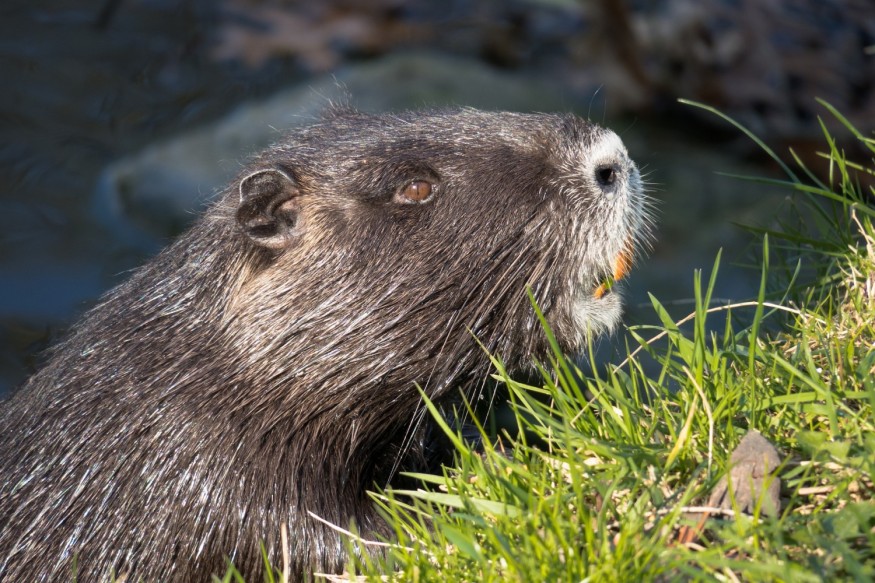Beavers are well-known for their engineering skills in building dams to transform less suitable habitats into large ponds that they love. In other words, they can change the entire landscape of an area to make it their home known as lodges or burrows, with underwater entrances.
For the first time, England has given an extinct native mammal the 'right to remain' on the River Otter in East Devon following the five-year study by the Devon Wildlife Trust about the impact of beavers on the local environment.
According to the Trust, it is "the most ground-breaking government decision for England's wildlife for a generation."
In the future, the beavers could even be considered a 'public good' and farmers or landowners would want to have beavers on their land.

Beavers' Impact on the Environment
The five-study conducted by the Trust showed that the skill of beavers replenished and enhanced the ecology of the river catchment in the River Otter.
Not only that, but the beavers also increased the fish biomass and improved the water quality. That means otters would have more food and clearer and cleaner water suitable for kingfishers.
Moreover, the dams built by the beavers served as natural barriers against floods which helped reduce the risk for homes to be flooded downstream.
With these reasons, the Department for Environment, Food and Rural Affairs was able to make a "pioneering" decision of giving the beavers the right to live, roam, and reproduce on the river.
Environment minister Rebecca Pow said that beavers are a natural management tool which provides public benefit. Soon, under the country's new system of environmental land management, farmers and landowners will be paid to have beavers on their land for flood management and to increase biodiversity.
Read Next: An Unknown 15-Foot Creature Washed up on Merseyside, UK Beach
Beavers Granted the Right to Remain
Four hundred years ago, they were hunted to extinction for their meat, furry water-resistant pelts, and castoreum- a substance they secrete used for food, medicine, and perfume.
But in 2013, a video showed the emergence of a beaver with its young in the River Otter near Ottery St. Mary. That was the first evidence of their existence in the area, a proof of the first wild breeding beaver population in England.
Authorities are not yet sure how beavers came to be there. Some say that it was the "beaver bombers," wildlife activists who illegally put beavers in the river, responsible for the beaver population in the area.
However, they were faced from being removed from the area. Fortunately, the Devon Wildlife Trust won a five-year license to study the beavers. As of now, they have recorded 50 adults and kits on the river.
Although the beaver population in River Otter is now secured, it is not yet clear what will happen to other wild populations in England such as in River Wyre, River Tamar, and perhaps in Somerset as well.
A decade ago, beavers were reintroduced to Scotland and made them a protected species last year. However, some farmer raised concerns that the dams were flooding valuable agricultural land, prompting the culling around a fifth of the beaver population.
The people involved in the beaver trial believe that it needs careful management for a wider reintroduction project of beavers.
Read More: Meet these Adorable Round Birds that Can Do Perfect Splits!










